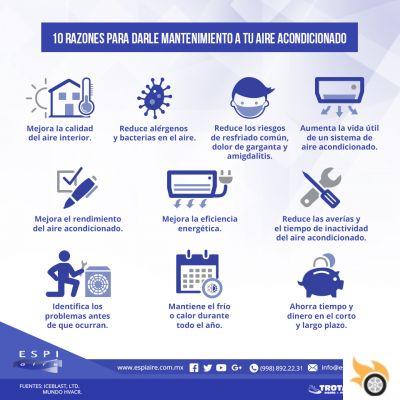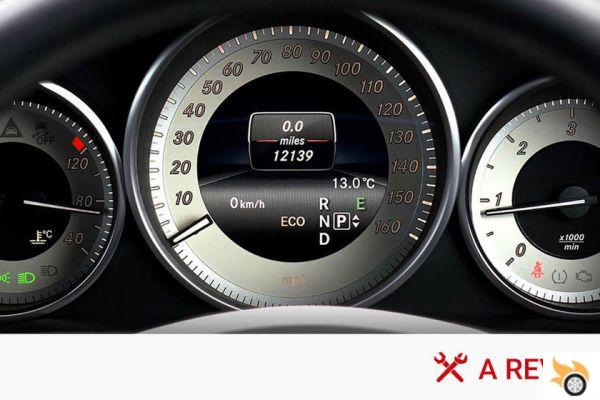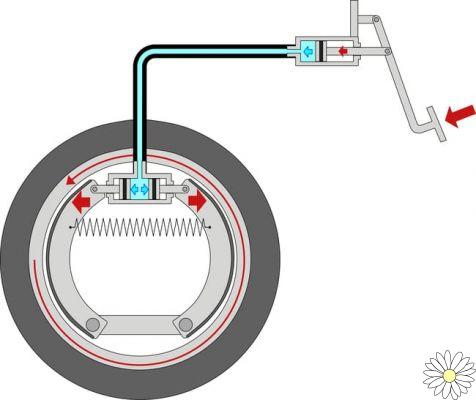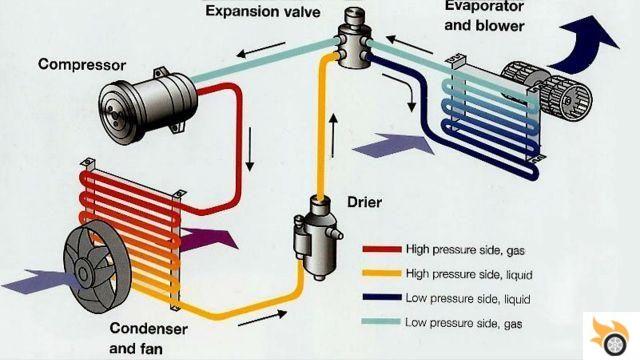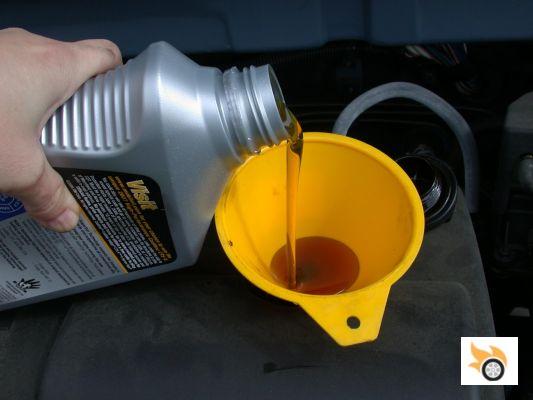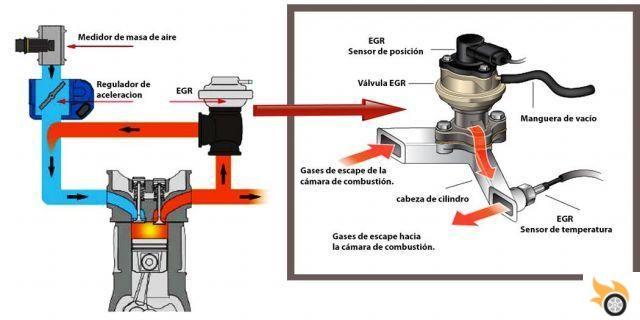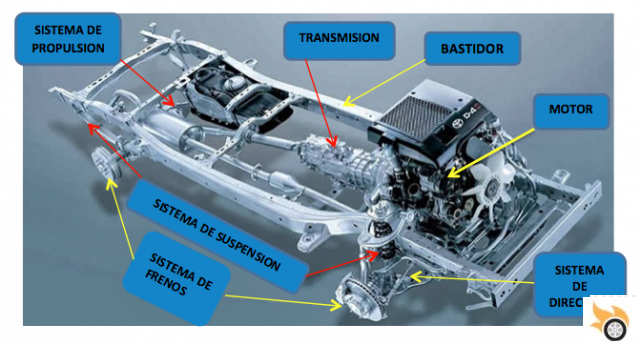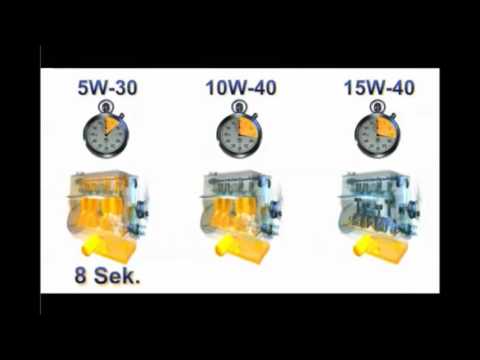
In the world of vehicles, it is important to take into account the type of oil we use for the engine. There are different viscosities of oil, such as 10W40 and 5W30, which can raise doubts among users about whether it is safe to change from one to the other. In this article, we'll look at the consequences and differences of using 10W40 oil instead of 5W30 in vehicles, so you can make an informed decision about which oil to use in your engine.
What does the viscosity of the oil mean?
Before we get into the differences between 10W40 and 5W30 oil, it's important to understand what oil viscosity means. Viscosity refers to the oil's resistance to flow. A low viscosity oil, such as 5W30, is thinner and flows more easily, while a high viscosity oil, such as 10W40, is thicker and offers greater resistance to flow.
Differences between 10W40 and 5W30 oil
1. Temperature range: One of the main differences between 10W40 and 5W30 oil is their operating temperature range. The number 10 in the 10W40 oil indicates that it is better suited for higher temperatures, while the number 5 in the 5W30 oil indicates that it is better suited for lower temperatures. This means that 10W40 oil may be more suitable for hot climates, while 5W30 oil may be more suitable for cold climates.
2. Engine Protection: Another important difference between 10W40 and 5W30 oil is its ability to protect the engine. 10W40 oil, being thicker, can provide better protection under high temperature and load conditions, as it forms a stronger film on moving engine parts. On the other hand, 5W30 oil, being thinner, can offer better lubrication in cold start conditions, since it flows more easily and reaches the critical parts of the engine faster.
3. Fuel Consumption: The type of oil used can also affect the vehicle's fuel consumption. In general, 5W30 oil tends to be more efficient in terms of fuel consumption, since it reduces the internal friction of the engine. On the other hand, 10W40 oil, being thicker, can generate greater internal friction and, consequently, greater fuel consumption.
Consequences of using 10W40 oil instead of 5W30
If you decide to use 10W40 oil instead of 5W30 in your vehicle, it is important to consider some possible consequences:
1. Increased engine wear: 10W40 oil, being thicker, can cause increased wear on the moving parts of the engine, especially in cold start conditions. This is because it takes longer for oil to reach critical parts of the engine, which can lead to insufficient lubrication and increased wear.
2. Higher fuel consumption: As we mentioned earlier, 10W40 oil can generate higher internal friction in the engine, which can result in higher fuel consumption. If you are looking to save on fuel, 5W30 oil may be a better option.
3. Starting System Problems: 10W40 oil can make it difficult to start the engine in extremely cold conditions, as its higher viscosity can cause the engine to have a hard time cranking. This can result in a slower start or even an inability to start the engine.
Frequently Asked Questions (FAQs)
1. Is it safe to use 10W40 oil instead of 5W30 in my vehicle?
Yes, it is safe to use 10W40 oil instead of 5W30 in your vehicle, as long as you follow the manufacturer's recommendations. However, you should take into account the possible consequences mentioned above, such as increased engine wear and increased fuel consumption.
2. Can I mix 10W40 and 5W30 oil?
It is not recommended to mix 10W40 and 5W30 oil, as this can alter the properties of the oil and affect its performance. It is best to use only one type of oil in your engine.
3. When should I change the oil in my vehicle?
The oil change interval may vary depending on the manufacturer and the type of oil used. In general, it is recommended to change the oil every 5,000 to 7,500 kilometers or every 6 months, whichever comes first. However, it is important to consult your vehicle's owner's manual for specific recommendations.
Conclusion
In summary, the choice between 10W40 and 5W30 oil depends on several factors, such as the climate in which you drive, the operating conditions of your vehicle and your personal preferences. Both oils have their advantages and disadvantages, so it is important to consider the consequences and differences before making a decision. Always remember to follow the manufacturer's recommendations and perform oil changes regularly to keep your engine running smoothly.
We hope this article has been useful in solving your doubts about the consequences and differences of using 10W40 oil instead of 5W30 in vehicles. If you have any other questions or comments, feel free to leave them below. We will be happy to help you!
Until next time!
The Pistonudos.com team






